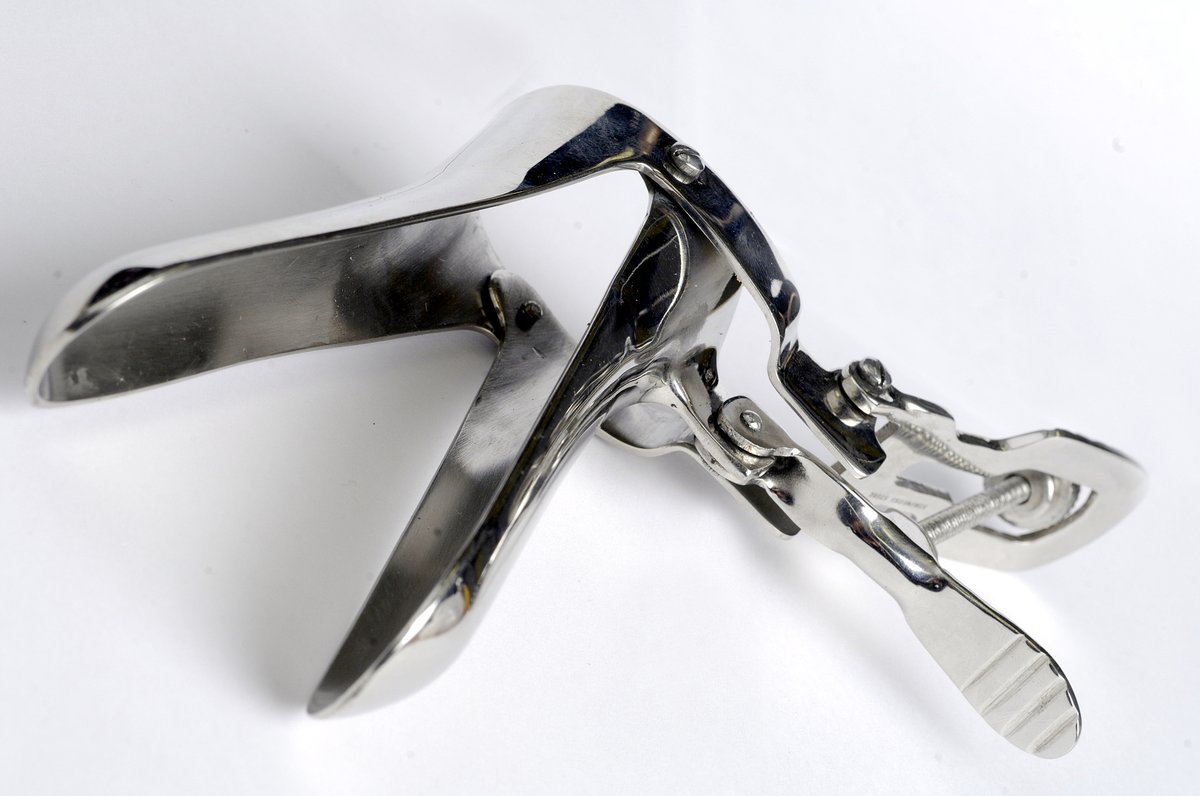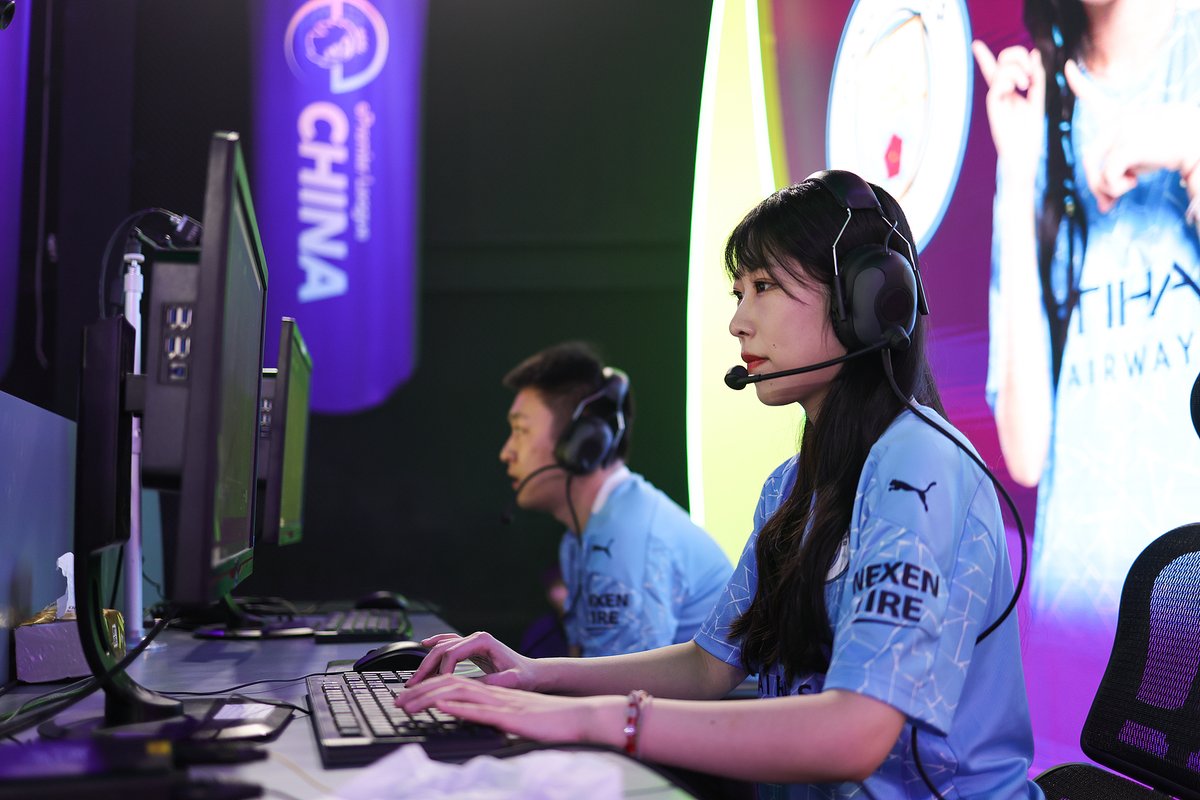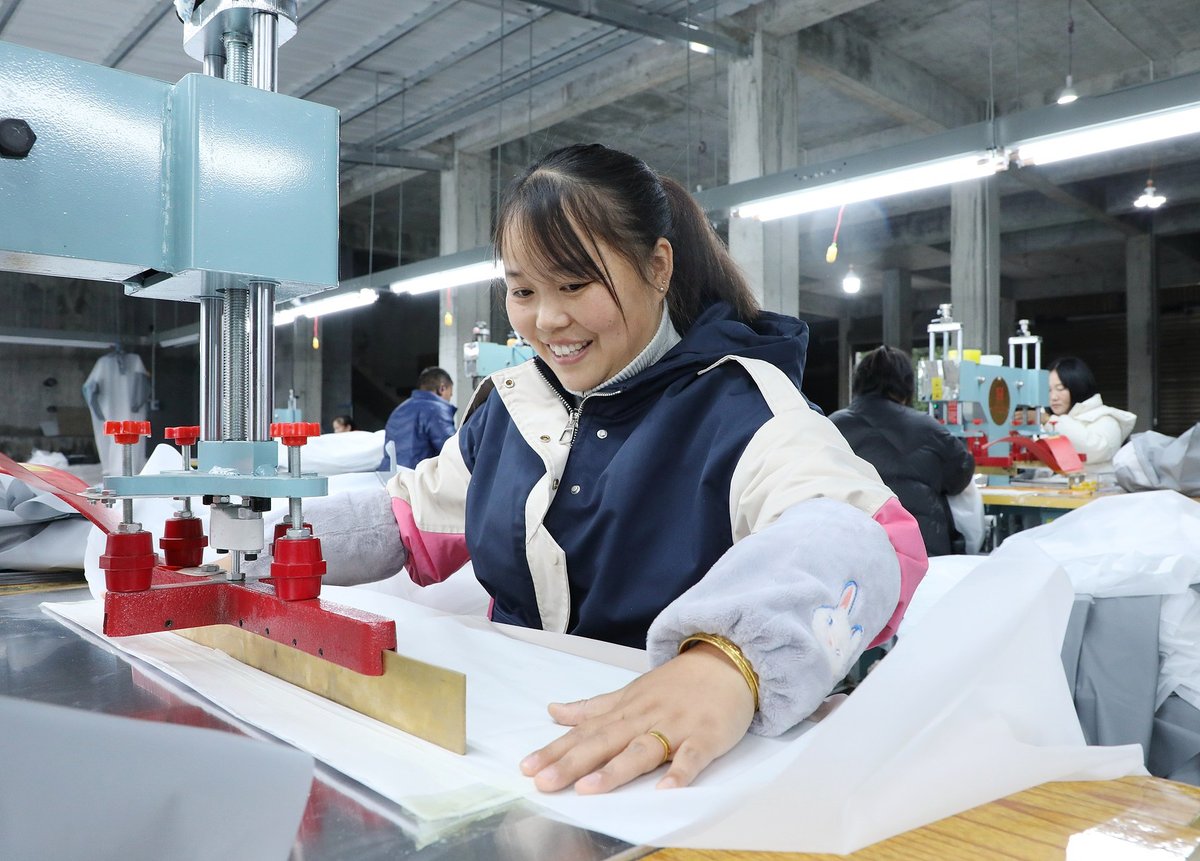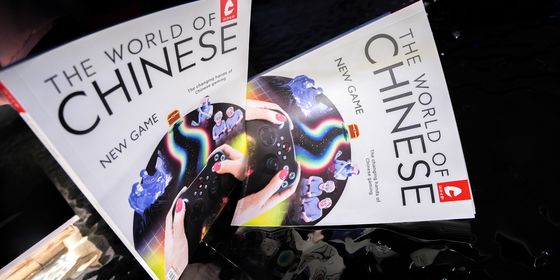From sanitary pad controversies to a rural woman’s extraordinary fight for justice, here are the top feminist stories of the year
China has witnessed a significant cultural shift in feminist discourse in recent years. Young women are increasingly engaging with feminist thought through works like those of Japanese scholar Chizuko Ueno. The film industry has seen a rise in stories depicting women’s experiences. Previously taboo topics, from reproductive health to sexual autonomy, are now entering mainstream discussion. While these changes signal growing visibility for women’s voices, the path to true equality remains fraught with challenges. Women continue to struggle for recognition in their careers and family lives, while advocating for greater independence and agency within society.
At TWOC, we remain committed to presenting stories from female perspectives. Here are some of the top feminist stories this year:
Women’s health controversies
The year 2024 saw unprecedented social media discussions about women’s gynecological care. In June, the term yazuiqian (鸭嘴钳, ”duck-bill forceps”), or speculum, began trending on multiple social media platforms in China. A primary tool used in gynecological exams, the speculum is a metal or plastic instrument inserted into the vagina and expanded to hold it open. Many women opened up about their negative experiences with this medical device online, speaking out about the pain and shame they endured at the gynecologist’s table. These testimonies led to calls for both improvements in patient care and the development of more comfortable examination devices and methods.
A controversy over sanitary pad measurements erupted in December 2024 when consumers discovered that multiple brands were selling products shorter than the lengths indicated on their packaging. When questioned, several companies defended their practices by citing national standards that permit certain size variations. However, this explanation failed to appease customers, instead intensifying public outrage. The situation escalated when a leading brand’s customer service team responded to complaints with the dismissive statement: “If you can’t accept it, you don’t have to buy it.” Though the company later apologized for this inappropriate response, the damage was done. Consumers launched a boycott, not only targeting this brand but also extending to other manufacturers previously exposed for false advertising and quality issues.
National safety standards also came under scrutiny when netizens discovered an alarming fact: sanitary pads are subject to the same pH and formaldehyde content requirements as curtains and coats, despite being products for intimate use. In response, female consumers and activists are now advocating for stricter regulations for intimate care products, and demanding harsher penalties for brands that violate these safety standards.
Gender at work
Breaking into traditionally male-dominated industries remains an uphill battle for women, who face persistent barriers from gender bias to limited advancement opportunities.
In 2024, we delved into the world of gaming, where female players face persistent harassment and discrimination, with their skills routinely questioned. Professional female esports athletes struggle with limited tournament opportunities and financial sustainability.
We also highlighted the growing demand for female plumbers and electricians, driven by safety concerns among women living independently. While new workshops and apps have emerged to connect consumers with female maintenance professionals and encourage women to enter the field, many remain hesitant due to persistent stigma and discrimination.
There was also arguably some progress in the workplace for women, specifically, mothers. Multiple provinces across China, including Guangdong, Shandong, and Hebei, have established special “positions for moms (妈妈岗),” aimed at helping stay-at-home mothers return to the workforce through jobs with lighter workloads and flexible hours.
A 2023 survey by the Women’s Studies Institute of China reveals that over 80 percent of stay-at-home mothers in tier-one cities like Beijing and Shanghai wish to return to work, with almost 50 percent preferring part-time positions that allow more time to take care of their young children.
However, while these positions provide opportunities for women, they typically have low technical and educational requirements and limited advancement prospects.
Stories of women being phased out after having children, fired for pregnancy, or passed over for male candidates during job interviews continue to make headlines. In September, Yunnan province issued special provisions on labor protection for female employees, prohibiting employers from discriminating against female candidates, inquiring about marital status, or reducing salary due to pregnancy and childbirth—clauses already present in China’s labor law. This highlights that while legal protections exist, their enforcement remains inconsistent.
Legal updates for women
In June, legislators passed a landmark law on rural collective economic organizations that enshrines equal land ownership rights for women. The law explicitly prohibits denying women land rights based on their marital status—whether single, married, divorced, or widowed—or the absence of male family members.
This legislative action followed a similar proposal on protecting rural women’s land ownership made during the “Two Sessions” in March by Jiang Shengnan, a CPPCC member and acclaimed screenwriter. Through her research, Jiang discovered a compelling connection between discriminatory land ownership and high bride prices among rural families.
The practice of bride price, known as caili, has long been a controversial topic in China, particularly as soaring costs create barriers for young couples seeking marriage. Addressing these concerns, the Supreme People’s Court issued new guidelines in February that both defined caili and outlined scenarios of reimbursement. One significant change allows court to order partial refunds of bride prices in divorce cases, if the couple lived together for only a short period of time. The guidelines also extend to unofficial unions, permitting legal action against parents to recover portions of the bride price even when the couple never formally registered their marriage.
The new guidelines sparked renewed debate on the role of bride price in contemporary Chinese society. Some women have pointed out that dowries, which are provided by the woman’s parents, don’t receive the same level of legal protection. Under current Chinese marriage law, dowries given after marriage are automatically considered shared marital property and do not need to be returned upon divorce, unless explicitly designated as gifts to the daughter.
The controversy reached new heights in November when the founder of Pangdonglai, a supermarket chain known for its service and employee care—such as offering more paid leave and salaries higher than the industry average—announced new company regulations forbidding employees from accepting caili. Violators would be excluded from any company benefits beyond those mandated by law. While some see it as a positive move to fight against exorbitant bride prices, others feel that companies have no right to interfere with their employee’s private lives.
Women on screen
Female-centered stories had a breakout year on both the big and small screens. Most notably, Yolo, which premiered in February with Jia Ling as both the director and lead actress, dominated the box office. The film amassed nearly 3.5 billion yuan in ticket sales, making it 2024’s highest-grossing film and establishing Jia Ling as China’s most commercially successful female director.
The success of female-driven narratives continued with To the Wonder aired last May, a TV series written by noted Xinjiang author Li Juan. The show follows a young woman who returns from city life to her hometown in Altay, Xinjiang, and rediscovers the beauty of her homeland. Thanks to the show’s popularity, Altay has since become a viral tourist destination. At year’s end, director Shao Yihui’s comedy Her Story made waves at the box office, earning over 70 million yuan in ticket sales. The sensational film has sparked discussions about the decline of traditional “chick flicks” and the growing appetite for more sophisticated, nuanced, portrayals of women’s experiences.
Adaptations of real-life women’s stories have significantly improved in quality this year. While 2023’s movie adaptation of the story of Zhang Guimei—a principal of a rural girls’ high school in Yunnan—faced heavy criticism for distorting key facts, the 2024 TV series She and Her Girls has been praised for its authenticity and meticulous attention to detail, earning an extraordinary 9.6 rating on Douban. Similarly, Like a Rolling Stone, inspired by Su Min—a woman who embarked on a solo road trip after dedicating much of her life to her family—received an impressive 8.8 out of 10 on China’s leading review platform, Douban.
Other notable mentions include Tale of the Rose, an urban romance adapted from Qiong Yao’s novel, and Romance in the Alley, a TV series set in the 1970s that highlights female friendship.
However, the entertainment scene is far from scandal-free. In September, the streaming giant iQiyi announced a list of upcoming shows in 2025, including Male Nurse, starring popular actor Hu Ge. While the show’s English name sounds innocent enough, its Chinese title—which directly translates to “Mr. Nightingale,” a clear reference to Florence Nightingale, the founder of modern nursing—sparked a wave of backlash online. Many point out that the title disrespects the legacy of this pioneering heroine, who dedicated her life to nursing. Using her name as a “gimmick” to market a male character undermines the recognition of the women, who make up 97 percent of China’s nursing industry. As of this writing, the streaming platform has not issued an official statement to address the public outcry.
Power and prejudice
While public awareness of gender equality continues to grow, misogynistic attitudes remain prevalent, particularly among those in positions of power and influence.
In March, at a panel following the China premiere of the award-winning French film Anatomy of a Fall (2023), which centers on the trial of a woman accused of her husband’s apparent murder, audiences were outraged by the behavior of two male panelists. They derailed the conversation with director Justine Triet and dismissed the feminist interpretation of the film.
“I’m not the kind of person who likes watching a movie and then dives straight into discussions about men and women. That’s just not how I watch movies,” said Dong Qiang, one of the panelists and a professor of French at Peking University, who opened the discussion by commenting on the female director’s age and appearance. Meanwhile, a rambling speech by host Chen Ming, a TV personality and lecturer at Wuhan University, was cut short by audience members shouting, “Let the director talk!”
Videos and text reposts of the event quickly went viral, with netizens criticizing the problematic narrative perpetuated by Dong and Chen and expressing sympathy for Triet, who had to endure comments that completely missed the point of her film. Chen didn’t issue any public statement after the incident, while Dong doubled down on his remarks in a Weibo post (though he disabled the comment section).
An even more troubling remark was made by a male scholar in November when Kazakhstan State Counselor Erlan Karin visited Renmin University in Beijing. During the Q&A session, Wang Xianju, a researcher at the university, asked Karin, “I heard that [in your country], female college graduates start having kids right after graduation, one after another. How do you get them to trust you so completely, and have children obediently, submissively, and willingly— starting early and having many?”
The transcript of the exchange was posted on the official WeChat account of the event’s host—the Chongyang Institute of Financial Studies, a think tank affiliated with the university—as part of an event recap. Wang’s choice of words struck a nerve with young Chinese women, and the post quickly went viral on social media. Netizens fiercely criticized the researcher for objectifying women and reducing them to mere baby-makers.
Many also linked the narrative to another incident that occurred in the same month: a missing female graduate student from Shanxi with mental illness was found after 13 years. A statement issued by local authorities claimed that she had been “收留 (taken in)” by a man surnamed Zhang in a small town in the same province, and they had two children together. The use of the word “收留,” which typically conveys a sense of kindness, sparked outrage online, as many interpreted Zhang’s actions as human trafficking. Zhang has since been detained for engaging in sexual relations with the victim, knowing she suffers from mental illness. However, charges of human trafficking and illegal deprivation of personal freedom have not been filed, as the police investigation is still ongoing.
A survivor’s victory
Yang Niuhua, who was kidnapped at the age of 5, finally saw justice served this December when the court sentenced her abductor, Yu Huaying, to death and dismissed her appeal. Yu, now 61, has trafficked 17 children across China since the 1990s. The case drew significant public attention as Yang, who provided key evidence leading to Yu’s apprehension, documented her journey on Douyin, China’s version of TikTok. Yang was named Person of the Year by Portrait magazine for her dedication to bringing justice not only to her own family but also to all the broken families of trafficked children.
Read our detailed report on this incredible woman and her arduous journey to end human trafficking here.
Her time to shine
This summer, 269 female athletes represented Team China at the Paris Olympics, nearly twice the number of male athletes. Among them, Zheng Qinwen made history by claiming China’s first gold medal in women’s singles tennis. Eighteen-year-old Deng Yawen brought home China’s first gold medal in freestyle BMX. Middleweight boxer Li Qian became the first woman in history to reach the boxing podium at three consecutive Olympic games. Diver Quan Hongchan also defended her title in the 10-meter women’s event, receiving a perfect score for her first dive in Paris.
China’s former dive queen, Guo Jingjing, also attracted significant attention as she took on the role of chief referee. China’s diving team has long reported instances of unfair treatment in international competitions, with referees intentionally giving them lower scores. Guo’s achievements have inspired many Chinese women to work hard for positions of power to ensure the fair treatment they, and all women, deserve.

















